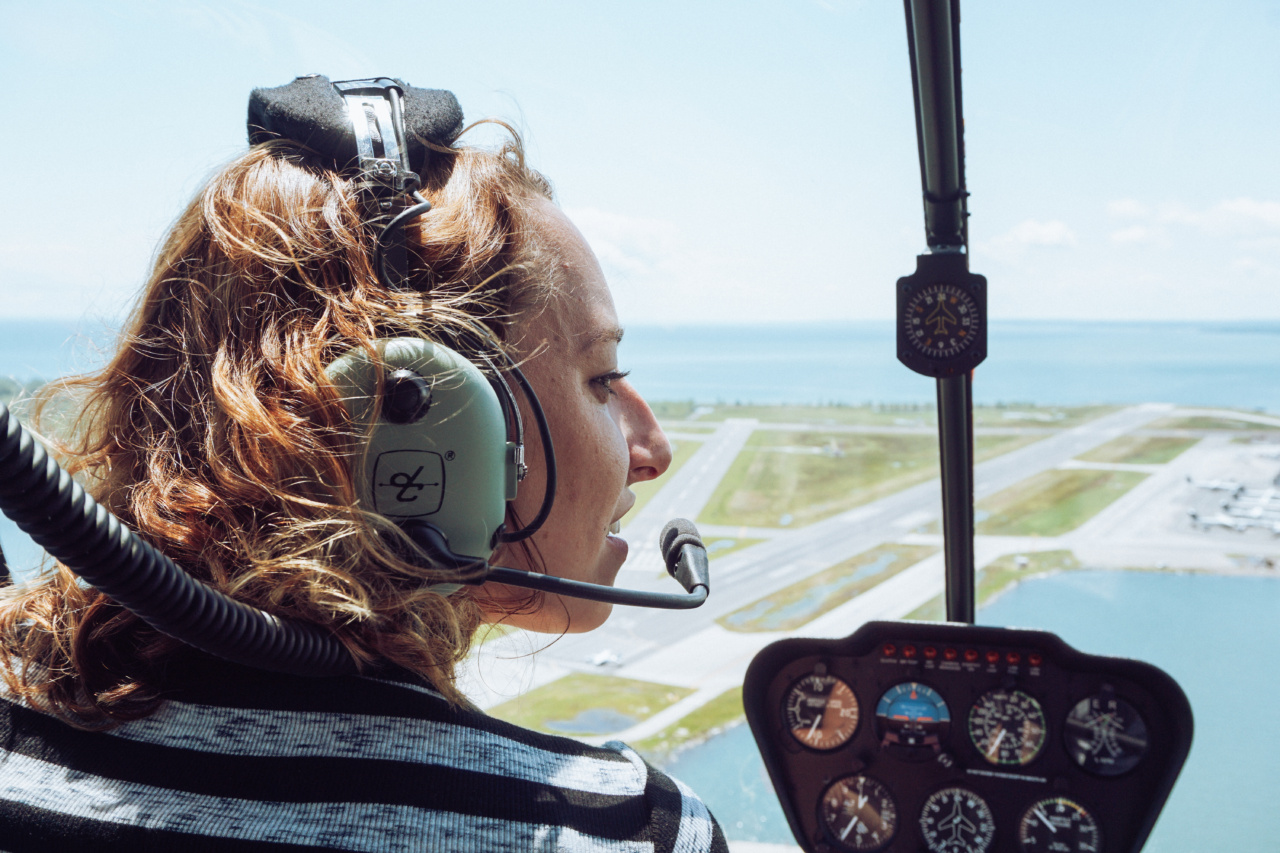As an aircraft crew member, one can have a high-stress job. However, it is crucial to note that, in some instances, flight attendants and pilots are exposed to severe circumstances that can lead to traumatic events.
While accidents or incidents rarely occur, when they do, they can have a profound psychological impact on aircraft crew members.
What is Trauma?
Trauma is an adverse psychological impact, which often occurs after an individual experiences an event or situation that threatens their safety or life. Some common causes of trauma include violence, natural disasters, and accidents.
Trauma can cause significant long-term changes in an individual’s psychological health, including changes in their cognitive processes, self-perception, and behavior.
Types of Trauma Experienced by Aircraft Crew Members
As aircraft crew members, flight attendants and pilots are susceptible to experiencing both primary and secondary traumas.
Primary trauma is the initial psychological impact caused by an event or incident, while secondary trauma is the psychological response that results from repeated exposure to such events or incidents.
Primary Trauma
Examples of primary trauma that aircraft crew members can experience include:.
- Flight accidents or incidents: When an aircraft accident or incident occurs, it can be a traumatic experience for all involved. These events can lead to physical and psychological injuries as well as fatalities.
- Acts of terrorism: The aircraft has been targeted in acts of terrorism, leading to the loss of lives and emotional scars for those who experience it.
- Passenger Misbehavior: Sometimes passengers can behave aggressively or violently towards aircraft crew members, making the situation very uncomfortable for all involved.
Secondary Trauma
Secondary traumas arise when aircraft crew members bear witness to primary trauma repeatedly. This can have a long-term impact on their well-being and include:.
- Jet Lag: Occurs on long haul flights crossing multiple time zones without proper rest and transitions. That is, repeated long-haul flights make the body unable to adjust to the constant change in sleep patterns, affecting the body’s overall performance and cognitive abilities.
- Stressful working conditions: Working in stressful and fast-paced environments every day can cause burnout, anxiety, and depression, which can have long-lasting effects.
The Psychological Impact of Trauma on Aircraft Crew Members
The psychological impact of trauma on aircraft crew members is a challenge that is not commonly acknowledged or addressed. However, it affects individuals profoundly, leading to a range of behaviors and emotions, including:.
- Post-Traumatic Stress: Symptoms include nightmares, flashbacks, depression, anxiety, and recurrent thoughts of the primary traumatic event.
- Depression: A feeling of sadness and despair that lasts for a long time. One might feel constantly fatigued, lose interest in things they used to enjoy, have trouble sleeping, and make decisions.
- Substance Abuse: Those experiencing trauma may turn to drugs or alcohol as a coping mechanism, leading to substance abuse disorders that have both mental and physical symptoms.
Coping with Trauma
Individuals experiencing trauma should reach out for professional help to help them cope with the impact of trauma. Here are some of the ways they can get a hand:.
- Psychotherapy: Helps individuals to develop coping skills and tools to deal with the trauma’s effect, including managing their emotions and overcoming obstacles associated with the traumatic event.
- Social Support: Individuals can lean on friends, family members, and support groups to get help or talk with a therapist in a group setting.
- Self Care: It’s essential to do some activities, relaxation techniques, exercise, and mindfulness practices to help reduce anxiety and stress.
It is also important to bring critical infrastructures and resources together to prevent and adequately respond to traumatic events that impact aircraft crew members.
Conclusion
The psychological impact of trauma on aircraft crew members can have a long-lasting effect on an individual’s well-being. Currently, many airlines have a limited response to the traumatic events experienced by the crew. However, with more attention to this issue, airlines can address the psychological impact of trauma on the aircraft crew.
Employers must prioritize the physical and mental well-being of their staff by providing resources for support and mental health maintenance.































